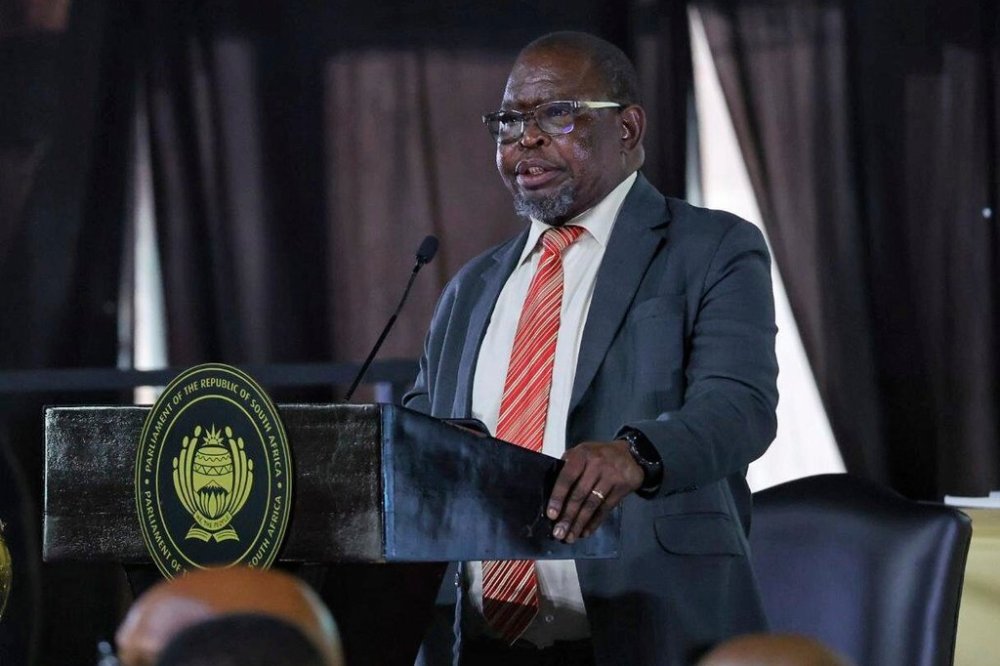South Africa scraps proposed tax increase after pushback from coalition partners and opposition
Advertisement
Read this article for free:
or
Already have an account? Log in here »
To continue reading, please subscribe:
Monthly Digital Subscription
$0 for the first 4 weeks*
- Enjoy unlimited reading on winnipegfreepress.com
- Read the E-Edition, our digital replica newspaper
- Access News Break, our award-winning app
- Play interactive puzzles
*No charge for 4 weeks then price increases to the regular rate of $19.00 plus GST every four weeks. Offer available to new and qualified returning subscribers only. Cancel any time.
Monthly Digital Subscription
$4.75/week*
- Enjoy unlimited reading on winnipegfreepress.com
- Read the E-Edition, our digital replica newspaper
- Access News Break, our award-winning app
- Play interactive puzzles
*Billed as $19 plus GST every four weeks. Cancel any time.
To continue reading, please subscribe:
Add Free Press access to your Brandon Sun subscription for only an additional
$1 for the first 4 weeks*
*Your next subscription payment will increase by $1.00 and you will be charged $16.99 plus GST for four weeks. After four weeks, your payment will increase to $23.99 plus GST every four weeks.
Read unlimited articles for free today:
or
Already have an account? Log in here »
Hey there, time traveller!
This article was published 24/04/2025 (195 days ago), so information in it may no longer be current.
JOHANNESBURG (AP) — The South African government on Thursday canceled a proposed tax increase that had threatened to collapse the unity government after a pushback from various political parties.
Finance Minister Enoch Godongwana announced that the government would no longer implement a 0.5% increase on value-added tax (VAT), payable on goods and services including food and electricity, that would have increased it to 15.5%.
The proposed VAT increase is the latest contentious issue faced by the unity government that was formed after the African National Congress party lost its parliamentary majority for the first time since coming to power in 1994.

“The decision to forgo the increase follows extensive consultations with political parties, and careful consideration of the recommendations of the parliamentary committees,” said Godongwana in a statement early Thursday.
The government was looking to increase tax revenues through the VAT increase, and Godongwana said the estimated revenue would fall short by around $4 billion.
The Democratic Alliance, the second-biggest political party in the country and the coalition government, opposed the VAT increase and voted against the annual budget which initially proposed it.
The DA subsequently challenged the matter in court this week and claimed victory on Thursday, saying the cancellation of the tax increase was a win for all South Africans.
“We will continue to fight for all South Africans, especially the poor and the marginalized, in seeking responsible public spending so that the government does not keep on raising taxes to fund unlawful expenditure, corruption and sheer waste,” said DA federal chairperson Helen Zille.
Opposition parties and civil society have also criticized the proposed increase as anti-poor.
More than 20 million people in South Africa rely on welfare grants, with the unemployment rate at over 32%, according to official statistics.
This is the latest disagreement between the two main parties after the formation of the unity government last year.
The ANC and DA have ideological differences on issues including foreign policy, land reform, education and health sector reforms.

